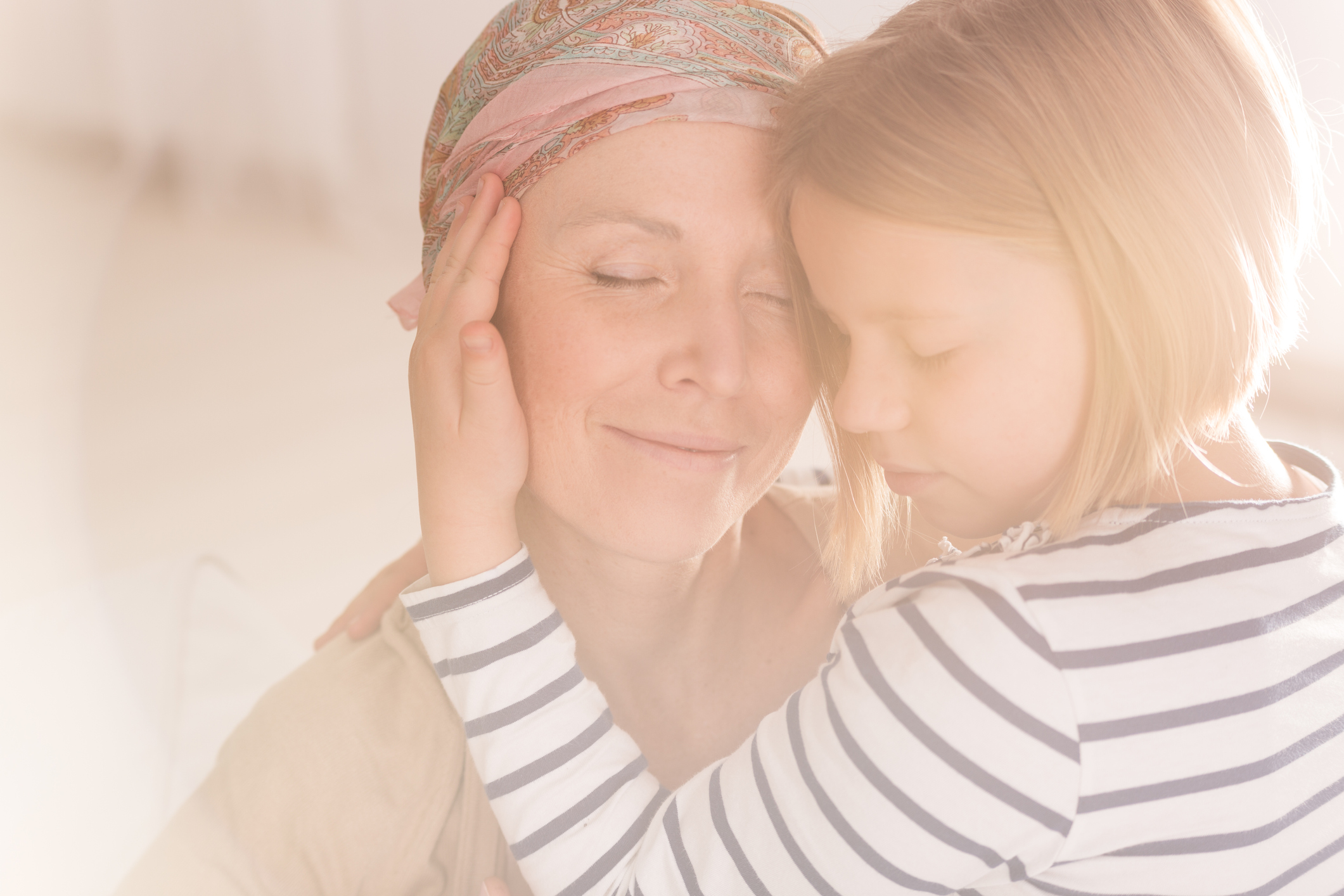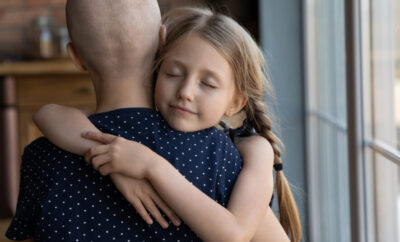
Cancer is a disease that makes victims and their families rethink their priorities. In this scenario, thinking about the future always comes with anxiety because a patient needs to focus on the present and the fight they are facing.
After treatment, many survivors continue with their lives and return to mid and long-term activities such as studying, saving money, investing time in a relationship, and looking for new developmental opportunities. In contrast, others prefer to concentrate on the day-to-day and choose short-term endeavors because of their fear of relapse.
An excellent way to deal with anxiety about the future and obtain more confidence to make long-term plans is by joining support groups and counseling where the survivor can meet with people who have similar stories and experiences.
Also, the survivor can perform activities such as exercising, art, playing video games, and reading books to help tremendously with their mental recovery. Literature is well known to open doors to new worlds and have experiences that anyone can relive countless times.
Each patient chooses a different path
However, how patients deal with cancer during and after their treatment is something that they need to determine themselves, and the family needs to respect that. This doesn’t mean the patient’s decisions cannot change and eventually turn into long-term plans, but it is a process that might take time.

As many people have experienced, cancer is a family illness, not an individual one. For this reason, a patient needs to feel that their family supports their view of the world and the approach they have towards it. Many different feelings can go through the mind of a cancer patient, and the family might discover itself changing their view altogether.
If these feelings are not addressed the consequences might affect cancer patients and eventually compromise their general health condition.
Combating anxiety for the future must be faced in the right way

It is also essential the patient has proper tools for managing their emotions. Due to psychological stress, it is crucial to avoid harmful ideas and negative thoughts that might complicate the cancer treatment. A healthy activity to cope with those ideas is to keep a journal of daily thoughts, create stories, or perhaps even create a fictional character a patient can use to channel their feelings.

Some patients find calm when sharing their thoughts with other patients or people who have cancer and have taken new steps in their life.
For example, the talented SNL actress Vanessa Bayer, who had lymphoblastic leukemia when she was 15 years old, mentioned that her illness inspired her love for comedy, making her take steps toward that direction, turning this personal therapy into a career years later.
Afraid of Knowing
Former patients of cancer might also feel anxiety because of a fear of relapse. If these feelings are not addressed, the consequences might affect their lives and eventually compromise their general health condition.
The best option is to visit a therapist (psychologist) because many patients are reluctant to share their thoughts with their family and close friends. The therapist will also help them deal with excessive concerns about their health. We can reduce anxiety effectively if we trust professional help and let negative thoughts disappear.
Remember, fear is of no use if it is not to be overcome. There are plenty of alternatives and resources that can help patients and survivors of cancer to live a life without anxiety and instead choose openness to the future.
By Eduardo Guillen
